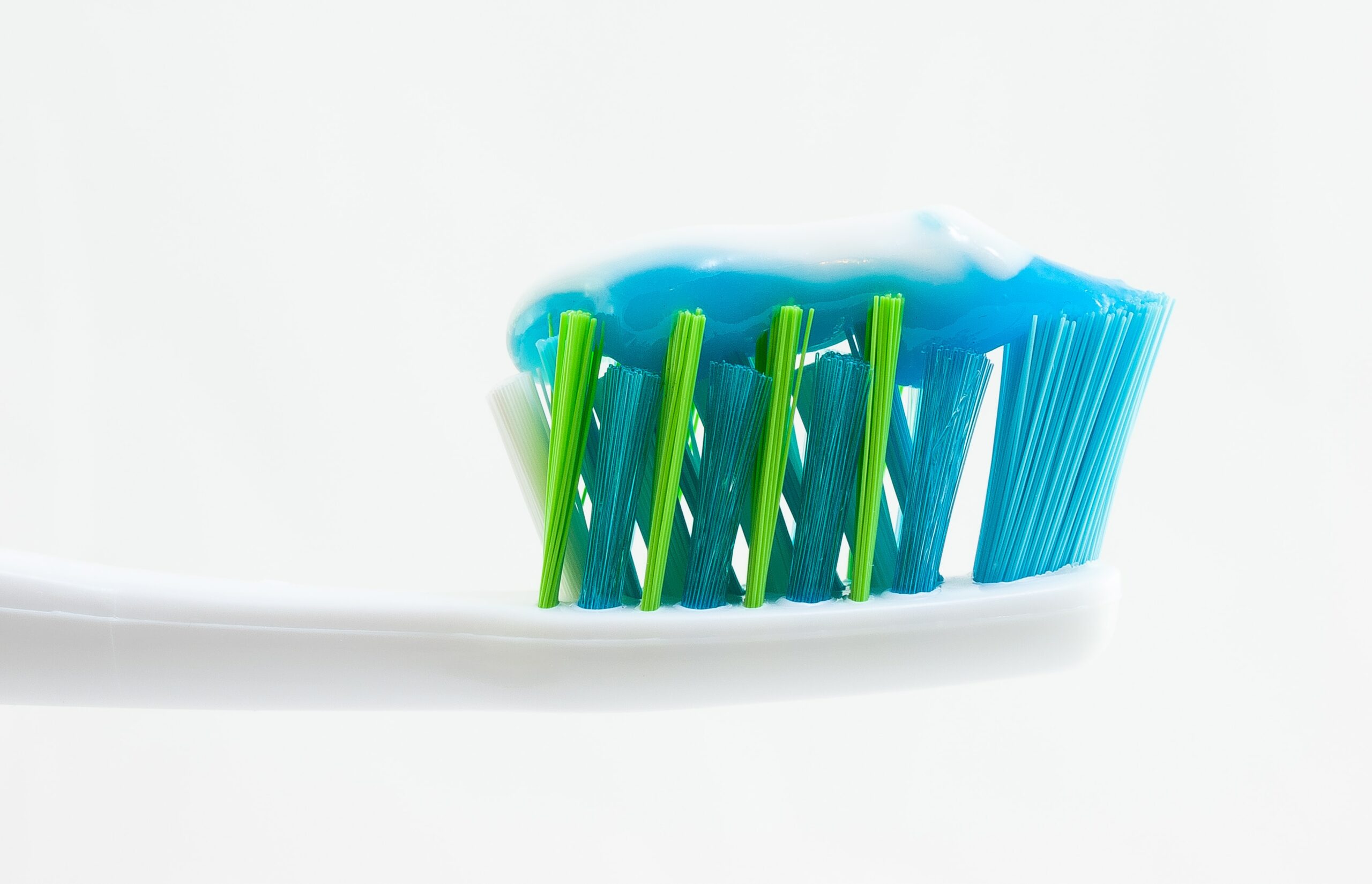Choosing the right toothpaste to meet your needs can be difficult. Maybe you have rushed through the store and have been pulled into choosing your toothpaste based on the promises made on the packaging, the pricing, or whether it is natural toothpaste. Despite being taught the basics of daily dental care, many people don’t realize how important choosing a suitable toothpaste can be. The most effective way to understand your unique needs is by consulting your dentist. Still, our list can give you a foundational idea for choosing.
Why Does Toothpaste Need ADA Approval?
Approval by the ADA (American Dental Association) is the most fundamental factor in choosing your toothpaste. This seal of approval indicates that scientific testing provided proof that the toothpaste is both safe and effective. Without this approval, there is no guarantee that the ingredients are safe or that the claims made on the packaging can be scientifically proven. If you choose an approved product, you can rest assured that the product has been sufficiently studied.
Is Fluoride Important?
The next important factor in choosing your toothpaste is making sure that it contains fluoride. Fluoride studies have proved that it reduces bacterial growth, strengthen enamel, and aid in preventing tooth decay. You will be able to quickly discern if your toothpaste has fluoride in it by checking if it has an “active ingredients” box that lists fluoride. This box appears because the FDA is in charge of regulating fluoride. Choosing a toothpaste that has an ADA seal of approval and contains fluoride can assure you that you are getting the best scientifically-proven effective and regulated options.
Types of Toothpaste
In the following subsections, we will discuss toothpaste varieties that can help address specific dental needs. Some kinds of toothpaste can offer a combination of one or more of these benefits. Your dentist can also help you decide which type would help meet your unique dental care needs.
Tartar Control Toothpaste
If you are prone to tartar buildup or want to prevent it, your dentist might suggest using tartar control toothpaste. Tartar buildup is a result of dental plaque. Once plaque accumulates on your teeth, it can only be removed by your dentist. Once the existing plaque buildup is removed, tartar control toothpaste aids in preventing future plaque accumulation that can lead to gum disease.
Anti-Cavity Toothpaste
Anti-cavity is another way to refer to a toothpaste that contains fluoride. As mentioned above, fluoride helps strengthen the enamel over your teeth and prevent tooth decay. This type of toothpaste can be especially helpful if other factors make you more prone to tooth decay.
Whitening Toothpaste
These types of toothpaste are useful for preventing or removing surface stains. Anyone looking for significant whitening would benefit more from whitening treatments performed by their dentist. Results from whitening toothpaste generally require sustained usage over time, which studies have shown to lead to tooth sensitivity potentially.
Anti-Gingivitis Toothpaste
Gingivitis is a form of gum disease that causes inflammation. Your dentist may recommend an anti-gingivitis toothpaste if you are experiencing gum swelling, redness, or bleeding. Your dentist will be able to determine if these symptoms are due to gingivitis. Combined with treatment from your dentist, this type of toothpaste can help fight the early form of this gum disease.
Sensitive Teeth Toothpaste
To remedy tooth pain and sensitivity, you may consider opting for a desensitizing toothpaste made to treat sensitive teeth. This kind of toothpaste works by preventing irritants from accessing the nerves in your teeth. Look for sensitive teeth toothpaste that contains fluoride and potassium nitrate for the best results.
Baking Soda & Gel Toothpastes
Deciding to use baking soda or gel toothpaste falls mostly to personal preference as long as they are still ADA approved and contained fluoride. These types of toothpaste are not currently proven to be a more effective alternative to other varieties. Use baking soda toothpaste with caution, as using baking soda too frequently can harm the enamel on your teeth.
Kids’ Toothpaste
Toothpaste designed for kids is available in a wide choice of flavors to make it more pleasant for children. For younger children, there might be trouble spitting the toothpaste out all the way. Monitoring your children while they brush their teeth is essential, and their toothpaste should be a kind that is safe to swallow.
This recommendation is especially important when it comes to children. If used in the right amount, children ingest a small enough amount that it is highly unlikely to cause any harm. Nevertheless, monitoring is still essential.


